
Initiatives

Emerging Contaminants
Contaminants of emerging concern (CECs) are chemicals that have been recently shown to occur in the environment and identified as a potential risk to the environment or public health. Many of these CECs are in common use and found in everyday products in our homes, farms, and businesses, or used by industry in commercial processes.
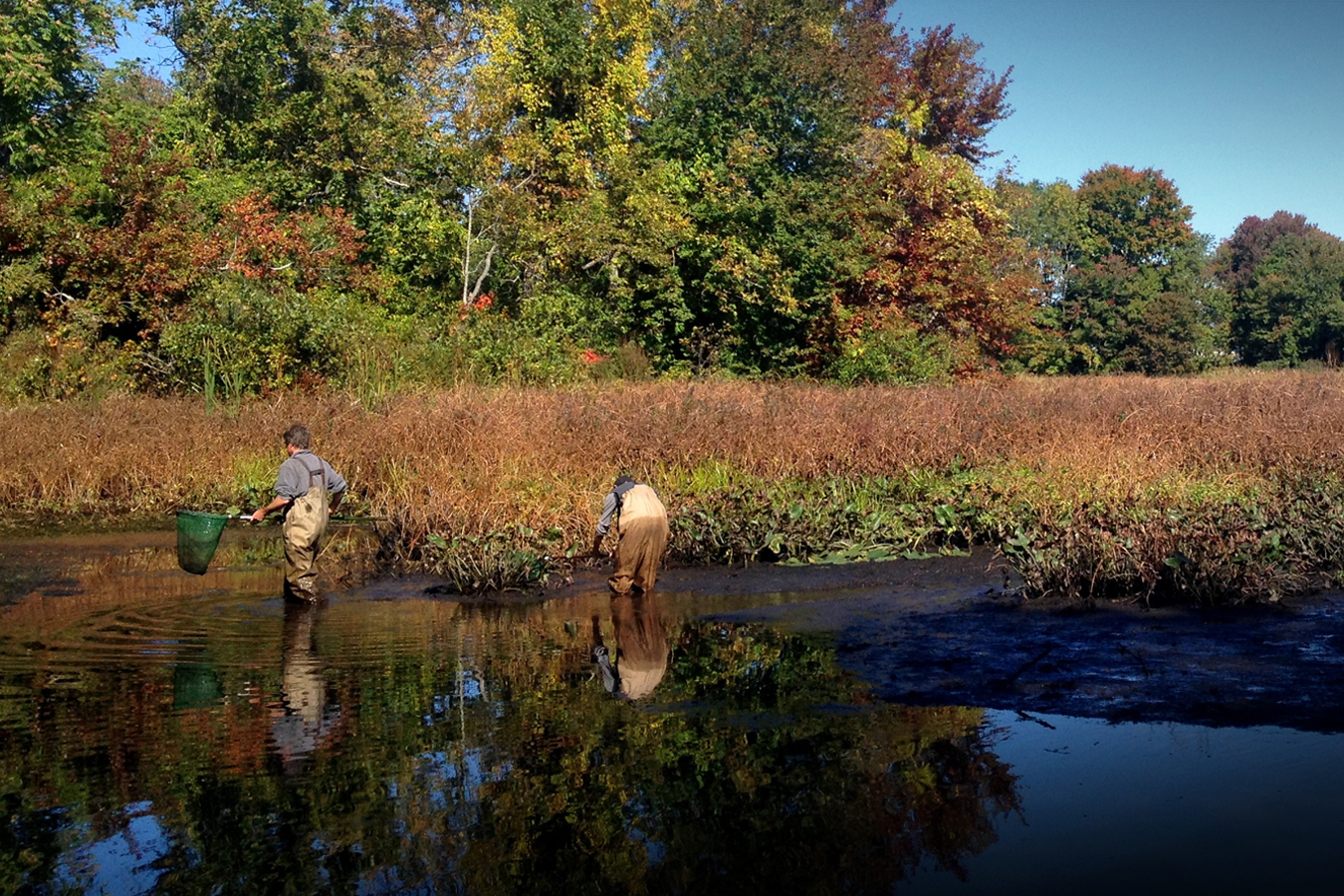
Environment-CT
The environment contributes to people's health through our interaction with the air we breathe, the food we eat, and the water we drink. While our environment provides health enhancing recreational and economic benefits, public health problems caused by environmental contamination and emerging infectious diseases are growing concerns. These potential threats to public health are affected by the dynamic relationship between humans and the physical, chemical, and biological components of ecosystems.
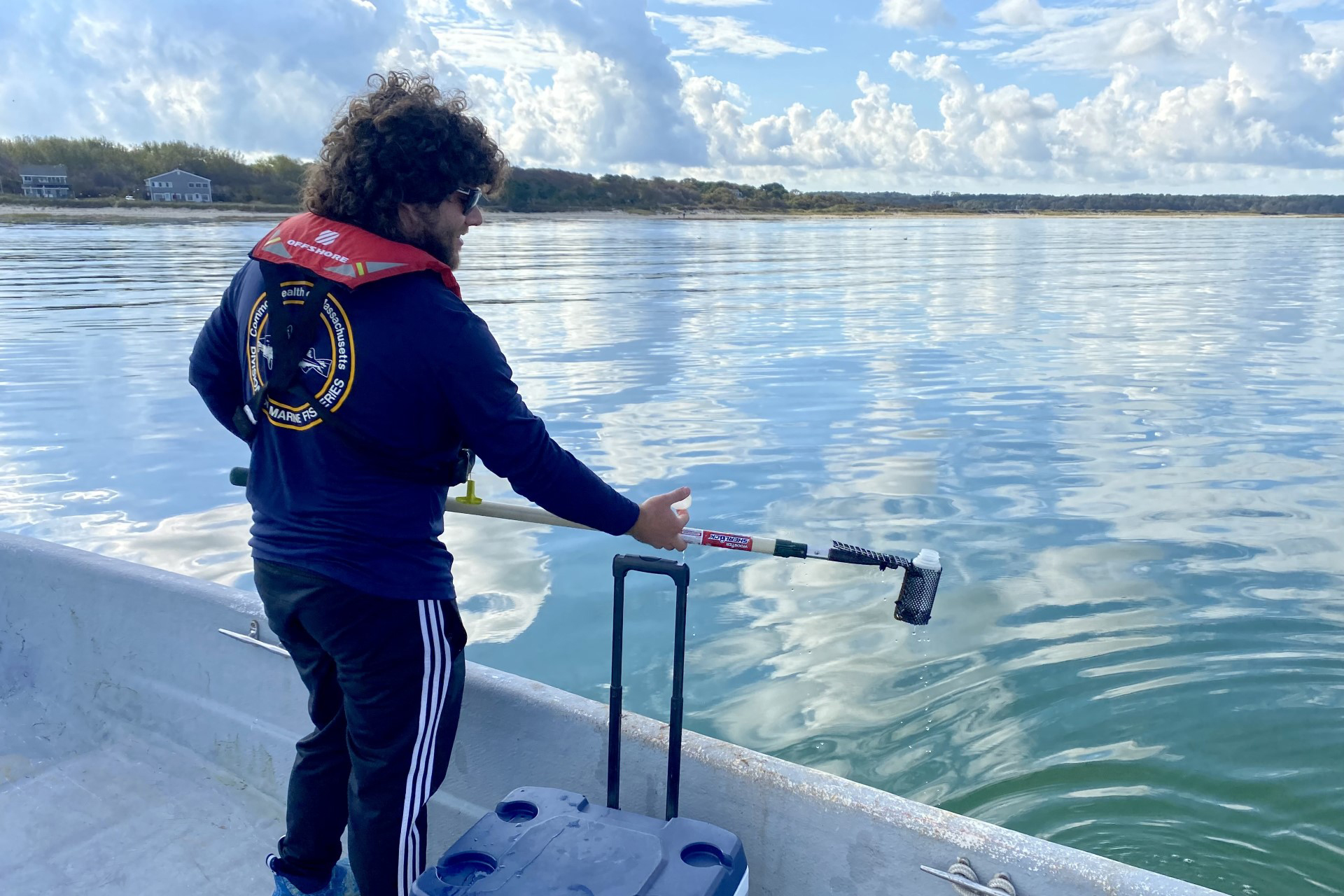
Harmful Algal Blooms
Harmful Algal Blooms, or HABs, occur when algae grow out of control and produce toxic or harmful effects on people or other organisms. HABs often occur when excess nutrients are added to a water body through a variety of sources, including fertilizer application and wastewater disposal. The overgrowth of Cyanobacteria, commonly known as blue-green algae, is particularly problematic because common Cyanobacteria species can produce toxic metabolites that can be lethal to wildlife, livestock and humans, consequently endangering ecosystem and human health.
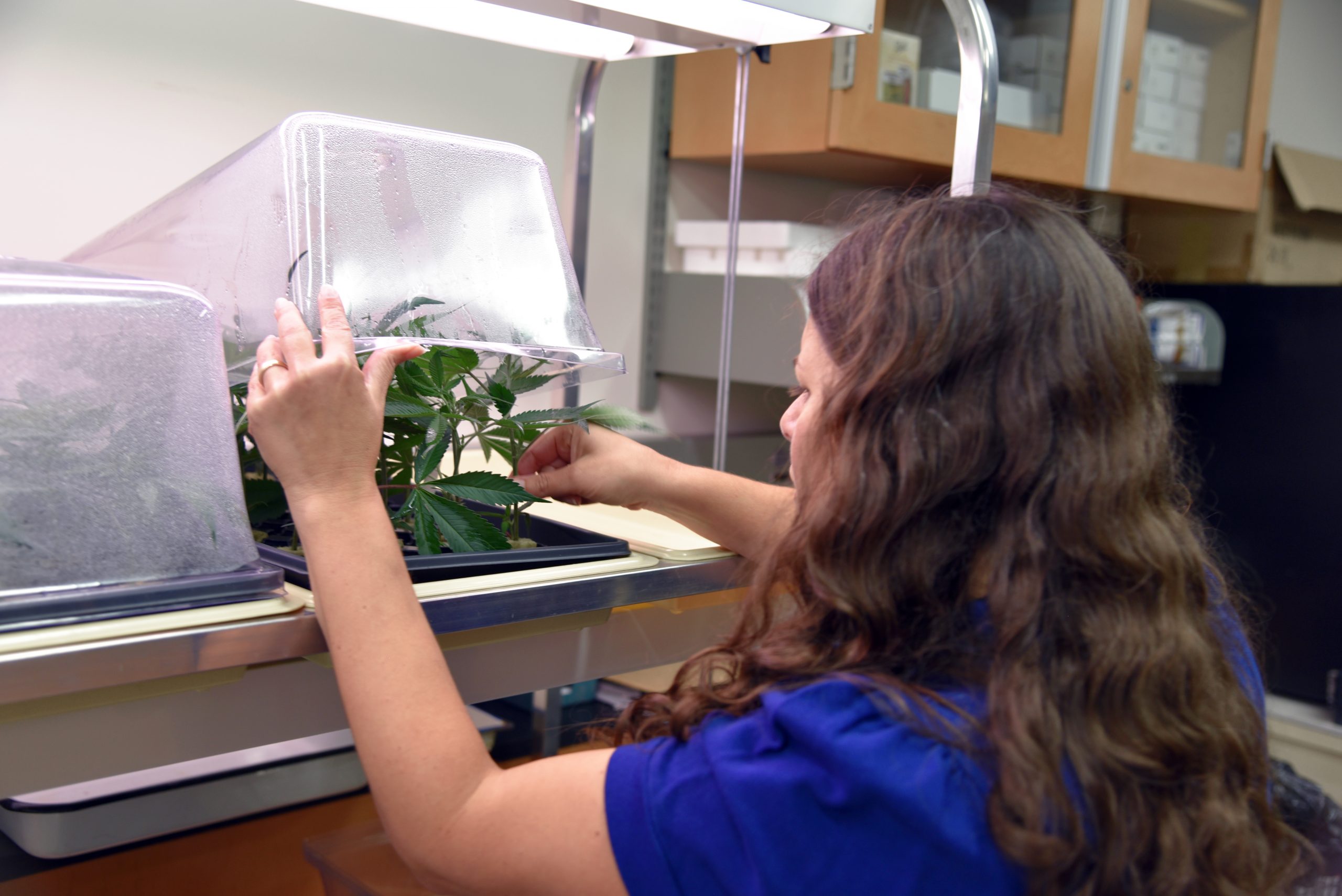
Hemp/Cannabis
Industrial hemp, a non-intoxicating form of Cannabis, has the potential to be a valuable agricultural commodity due to its linkage to CBD oil production. It can also be used to make a variety of commercial and industrial products, including rope, textiles, animal feed, paper, bioplastics, and biofuel. Industrial hemp is a relatively new and expanding program in all 50 states, including Connecticut. In 2018, the Federal Government passed a farm bill that officially legalized hemp production in the United States.
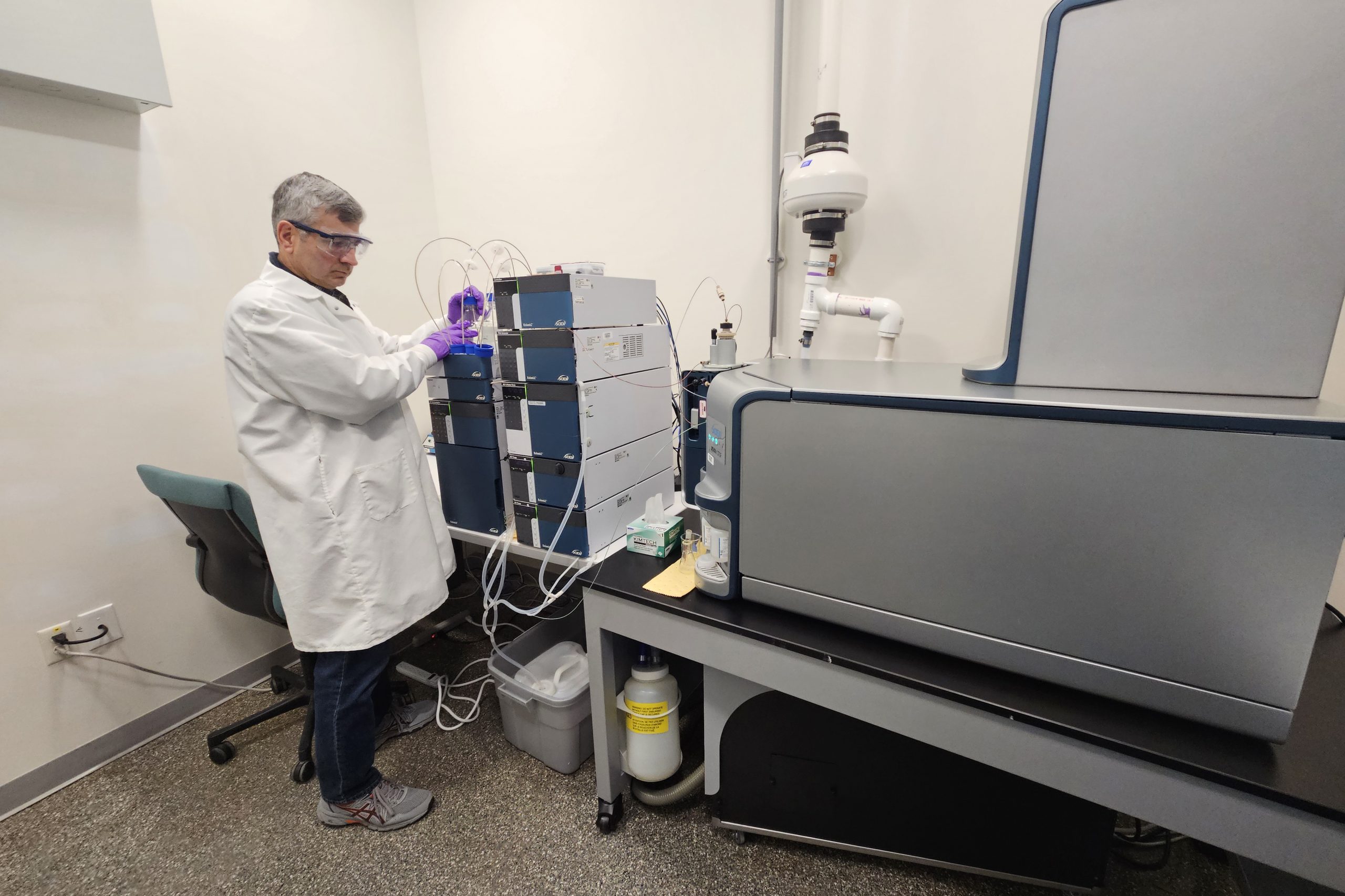
Metabolomics and Small Molecules
Metabolomics is an analytical profiling technique for measuring and comparing large numbers of metabolites in cells, tissues, biofluids, or organisms. This approach combines high-throughput analytical chemistry and multivariate data analysis and offers a means to understand metabolic mechanisms.
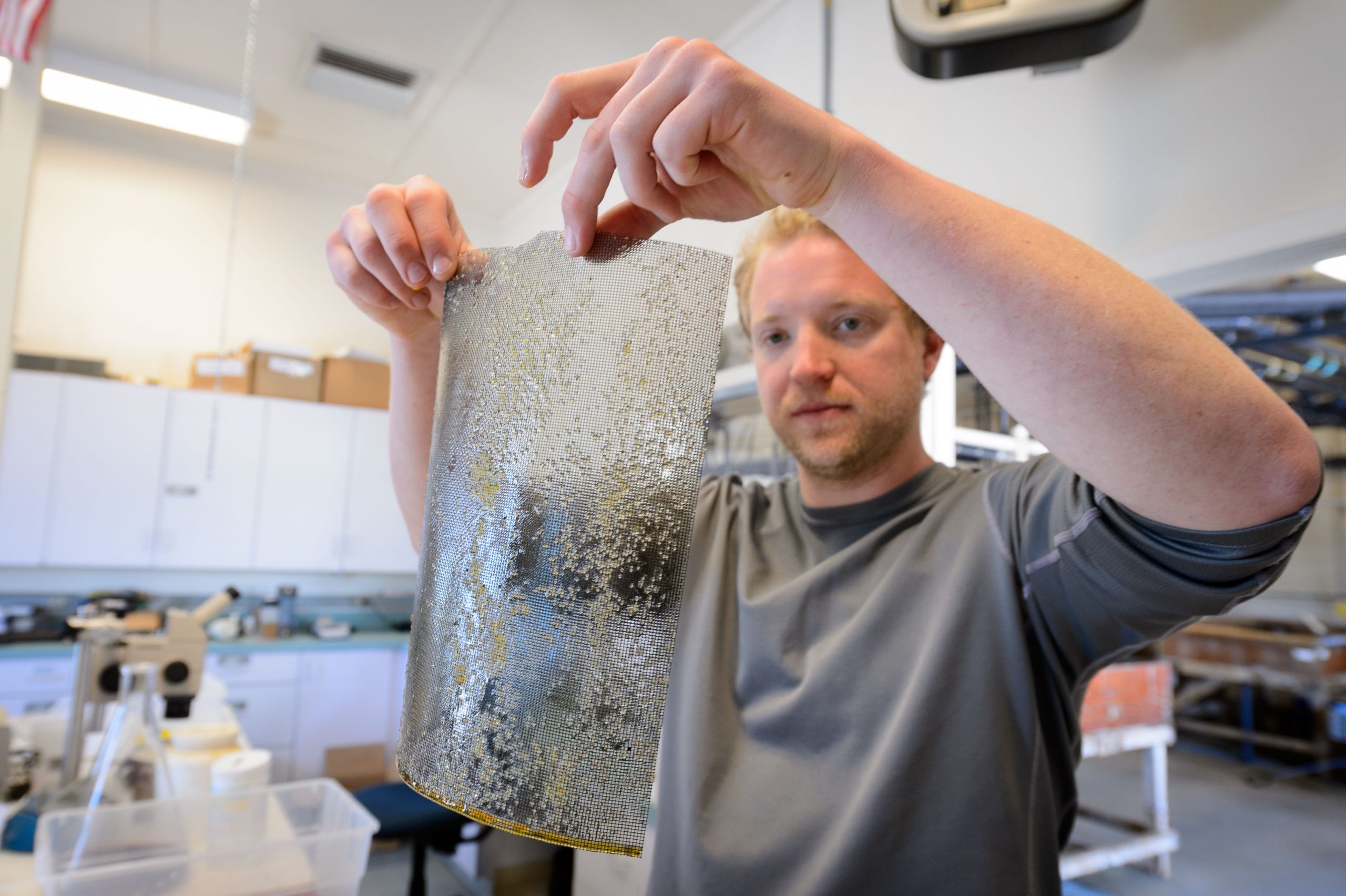
Microplastics
Microplastics, extremely small pieces of plastic debris in the environment, are emerging contaminants of global concern that threaten water quality and aquatic life. Microplastics can be up to 5mm long or so small they are not visible to the naked eye, enter freshwater and marine ecosystems from both point and non-point pollution sources, and are increasingly common in sediments of lakes, bays, and impoundments.